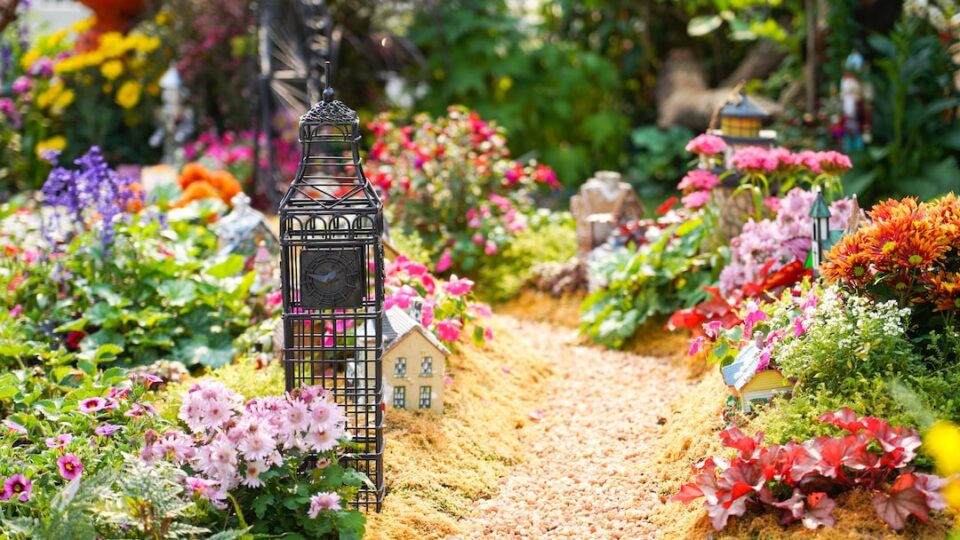The Benefits of Composting in Your Garden
If you have a garden, you know how important it is to maintain its health and productivity. One way to achieve this is through composting. Composting is the process of recycling organic matter, such as kitchen waste and yard trimmings, into a nutrient-rich soil amendment. Not only does composting benefit your garden, but it also has numerous environmental advantages. In this blog post, we will explore the many benefits of composting and how you can start implementing it in your own garden.
One of the most significant benefits of composting is the improvement it brings to soil quality. Compost acts as an organic fertilizer, providing essential nutrients for plants to thrive. Unlike synthetic fertilizers, compost releases nutrients slowly over time, ensuring a steady supply for your garden. Moreover, compost helps to retain moisture, leading to better water efficiency and reducing the need for irrigation. Additionally, compost can improve soil structure, allowing for better drainage and preventing soil erosion. By adding compost to your garden, you are enhancing its overall health and vitality.
Composting is a natural way to reduce waste and promote sustainability. According to the Environmental Protection Agency, yard trimmings and food waste make up more than 28% of the waste sent to landfills in the United States. By composting these materials, you can divert them from the landfill and reduce methane emissions, a potent greenhouse gas. This action not only benefits the environment but also contributes to the preservation of natural resources. By reusing organic matter, we lower the demand for commercial fertilizers and decrease our reliance on chemical pesticides, thus minimizing the carbon footprint associated with their production and usage.
Composting is not limited to large-scale operations; it can easily be done at home. Starting a composting system in your garden is relatively simple. Firstly, choose a suitable location for your compost heap or bin. Ideally, it should be in a well-drained area, partially shaded to prevent excessive drying, and easily accessible. Next, obtain a compost bin or build one yourself using easily available materials such as wood pallets or wire mesh. Remember to place your compost bin on bare soil to allow microorganisms and worms to enter and begin the decomposition process.
To create compost, you need to incorporate both brown and green materials. Brown materials include dry leaves, straw, wood chips, and shredded newspaper. These materials are rich in carbon and provide structure to the compost pile. Green materials, on the other hand, are high in nitrogen content, such as grass clippings, fruit scraps, vegetable peels, and coffee grounds. It is important to achieve a proper balance between carbon-rich and nitrogen-rich materials to facilitate the breakdown of the organic matter into compost.
Regular turning of the compost pile is crucial to ensure adequate airflow and promote decomposition. A well-maintained and aerated compost pile will yield usable compost within six months to a year. Once the compost is ready, it can be added to your garden beds as a top dressing or mixed with potting soil to improve the nutrient content for container plants.
Apart from the practical benefits, composting also helps to cultivate awareness about the environment. By engaging in composting, you become more conscious of the waste you generate and the environmental impact it poses. It encourages a shift towards sustainable practices and highlights the importance of taking responsibility for our ecological footprint. Composting serves as a reminder that individual actions can collectively make a significant difference in conserving our planet.
In conclusion, composting offers a multitude of benefits for both your garden and the environment. From enhancing soil quality and conserving water to reducing waste and promoting sustainability, composting is a simple yet effective way to foster a more eco-friendly lifestyle. By implementing composting in your garden, you contribute to the overall health of the ecosystem while enjoying the rewards of thriving plants and abundant harvests. So why not give composting a try? Your garden and the environment will thank you for it.

